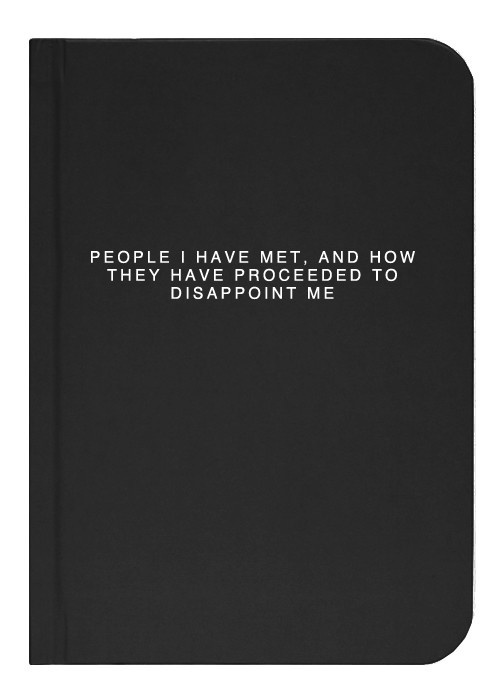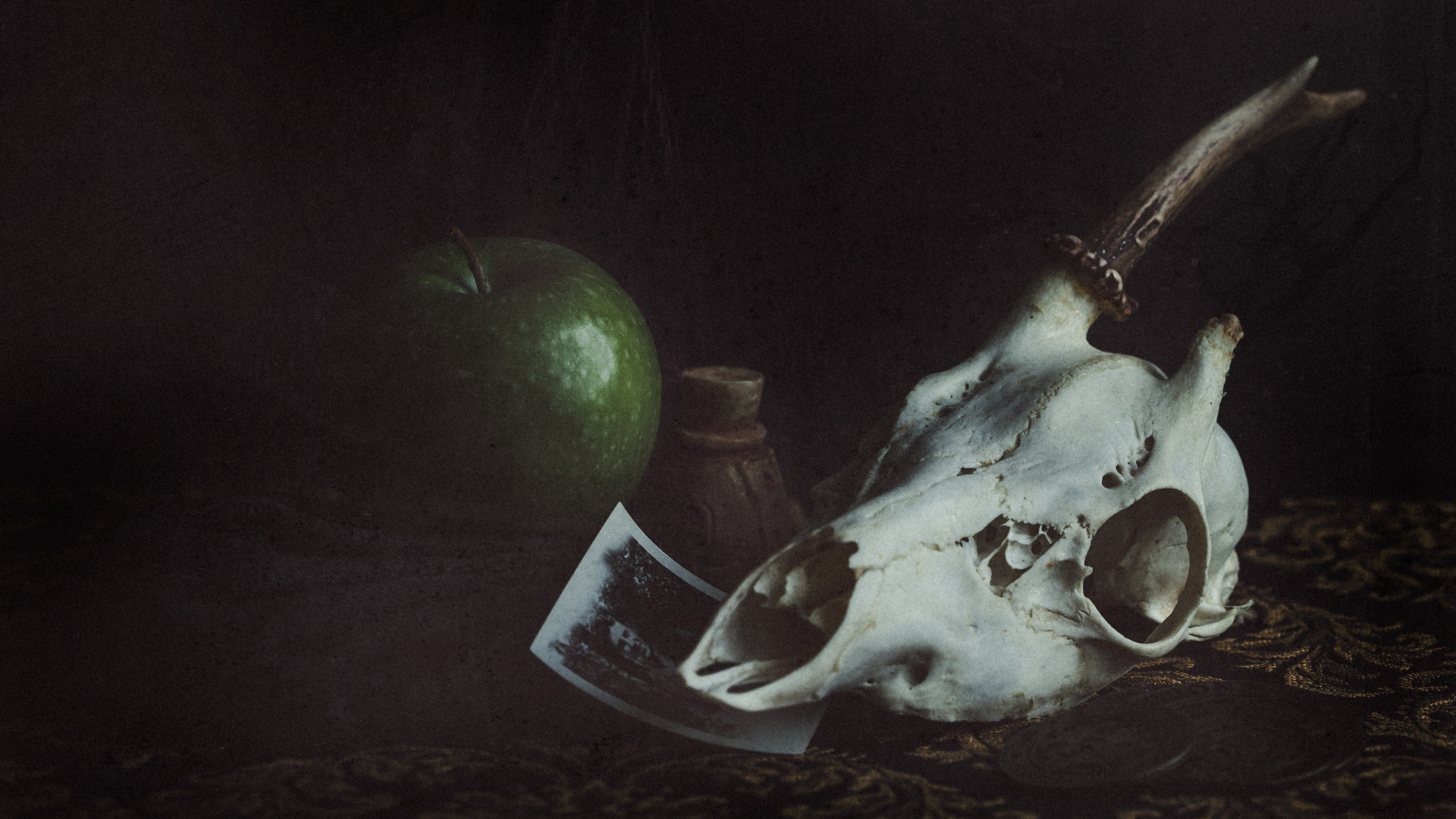Laura Bates is right. The little ifs and buts really do add up. When an international superstar photographer like Florens gives lectures where he uses problematic gender stereotypes he’s basically giving permission for his followers to think this way. And then even more ifs and buts creep in, and suddenly just fighting the ‘ifs and buts’ battle is like walking up a steep hill in three feet of thick, clay mud.
So why was his language problematic to me? Well firstly there was that initial assertion that there are now more women in the photography industry because the technical barrier to industry has been removed. It seems particularly pertinent to pick up on this point again since today is National Women in Engineering day.

On face value it doesn’t seem unreasonable to suggest that there are more women in the photography industry because of the lack of technical barriers due to digital. It’s almost certainly true. But it’s almost certainly not true in the way that Florens thinks it is. Over the past 100 years or so, photography has traditionally been the preserve of the white, middle-class male. Why? Because scientific and technical hobbies were considered appropriate for this demographic. Women simply didn’t study sciences in the same way that men did during this period which meant that there wasn’t generally the base level of chemistry and physics knowledge in place to really get on with photography as a hobby easily. This did create a technical barrier to entry – but it wasn’t because women are inherently poor at technical subjects, it was because patriarchal culture kept women out of education in general and at home looking after the family. Interestingly in the first decade or two of photography there were many women photographers, it was considered a good hobby for women back then. Not sure what changed.
So really I suspect that it’s not so much that digital has lowered the technical barrier to entry, but rather that society has changed since the early 70s and more women are going into all kinds of different careers – including photography. Suggesting that women are coming into photography because the science-bit isn’t so prominent anymore is so deeply patronising to all those women who have made science their careers. The STEM (science, technology, engineering, and mathematics) industries can be hard enough when you’re a woman because of preconceived ideas about what women are capable of (or because those industries have been known to promote toxic working environments). It’s not cool to be an industry leader and promote those outdated and sexist ideas, Florens. Next you’ll be telling us that women photographers are a problem because they fall in love with you and then cry when you critisise them. Oh no, wait, that was last week in the biochemistry sector. It’s not a million miles away though.
But there was also the perpetuation of damaging male stereotypes too in Florens’ introduction this morning. Florens went to great lengths to paint ‘men’ as emotionally stunted individuals who don’t care what women are saying and who aren’t in touch with their clients at all. Even using the comparison that when women greet female friends they say things like ‘you look beautiful’ whereas men call each other ‘fat pigs’ when they see their friends. Now, maybe I’m just exceptionally lucky. But most of my female friends don’t put much weight on their female friends appearances. My friends certainly don’t fuss over each others appearance and bolster some imaginary self-confidence that is tied into looks. But my male friends don’t call each other fat pigs either. He was trying to explain that men are condescending to each other, describing this as ‘banter’. To be honest though, that kind of banter is the domain of teenagers, not adult men. Or occasionally those grim, laddish types – who I couldn’t imagine generally going into careers like photography anyway. (Char’s Pro Tip: If your mates call you a fat pig when you see them you should change your friends because they’re dickheads.)
There’s something very serious to be said here though. The persistent stereotype that men are emotionally stunted individuals who can’t open up about their feelings is a problem. It reinforces the idea that men shouldn’t talk about ‘girlie’ subjects.Florens discussed the idea that male photographers should get in touch with their feminine sides – as if emotionally connecting with people is somehow the domain of women. This isn’t a girlie thing, or a feminine thing, this is something that everyone should feel like they can do. Florens also used phrases like ‘macho men’ when describing those who guys don’t appear to be emotional or in touch with their feminine side (whatever that means), using the phrase as if this was the default state for all men.
Suggesting that being emotional is ‘feminine’ is quite damaging. In our society, we still reward ‘macho’ men and punish those that appear to be ‘feminine’. We call them fags or pussys because they’re too girlie. This is one of the leading reasons why suicide rates due to mental health are so high for men. Because it’s seen as being weak and girlie to open up. Thanks Florens for potentially reinforcing this idea in many photographers heads. I understand that Florens was suggesting you could be better in business if you are emotionally in touch with your clients, but the way it was framed as ‘women = emotional’ and ‘men = not emotional’ is just perpetuating the problem.
The whole way through Florens’ lecture I couldn’t help but feel he was missing a whole world of beautiful people. To him it seemed that only two types of people existed: feminine women and masculine men. What he was ignoring was the beautiful spectrum of everyone in between. I generally consider myself a masculine women for example, and there are men who are most certainly feminine men. And then of course there are those who fall somewhere else on the scale – transgender individuals, third gender individuals, those who don’t consider themselves either masculine or feminine, male or female. I’d urge everyone vaguely interested in being more compassionate where gender is concerned to pick up and read Halberstam’s book on Feminine Masculinity . It’s a great primer to the diversity of humans.
. It’s a great primer to the diversity of humans.
When you’re at the top of your game, like Brett Florens is, I believe you have a certain responsibility towards the way that you educate others. Teaching isn’t easy, it’s a real skill that has to be learned. I’ve sat through quite a few lectures and workshops by lots of different photographers and although many of them are good photographers, they couldn’t teach to save their lives. To be a good photography teacher you have to understand words as much as you understand how to load film in a camera.
Words hurt. Words can be damaging. Using the wrong words can mean that your message gets lost because your words have hurt people. Somebody said in the chatroom during the live broadcast that perhaps there should be some lectures on semantics for photographers – I think that’s a great idea. You could run Gendered Language 101, Abelist langage 101, and racist language 101 – and that’s just for starters. You could also run seminars on why women and men aren’t so different after all, and why we have far more in common than people seem to think. And then perhaps we might start to understand in the photographic industry that it’s not men that are the technical wizards and women who are the emotional souls – we’re just people with different mixes of the two.
I once spoke to a lovely photographer who said to me ‘You need to know enough of the technical stuff to be able to drive your camera competently. Only then you can start being creative.’ They weren’t wrong, you know. You can’t have one skill without the other. That simply doesn’t work any more.
So yeah, I cried today. I cried because there is still so far to go in the photography industry before we see any kind of parity. I wept because people like Florens keep perpetuating stereotypes that make it harder for anyone who isn’t a ‘macho’ man to get taken seriously. I cried tears of frustration because we are told by people like www.engagelive.co that Florens is not sexist, he is just ‘controversial’. Being sexist isn’t controversial. It’s sad. It’s the sign of someone clinging to an outdated world view that should have been left back in the 70s.
The 70s – do you remember them? When sexism was rife, people didn’t wear seat-belts, drink driving was acceptable and Jimmy Saville was still letting kids sit on his knee on the tellebox. Yeah, the 70s. That time when it was still acceptable to say that women can’t do basic technical challenges. Like changing the film in a camera.




